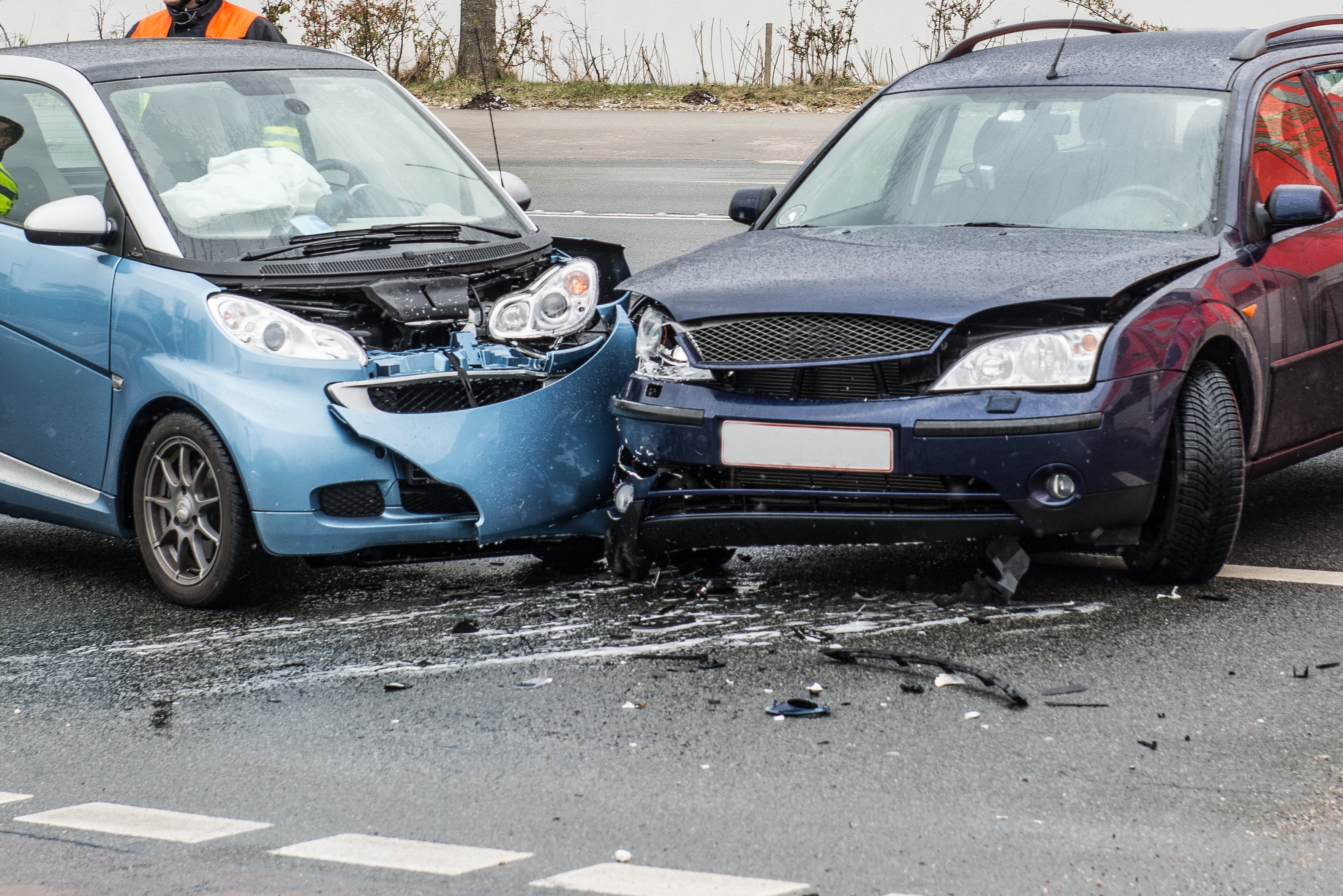After a car accident, you might wonder if you should file a claim. A few things matter when you're making this decision and you should do what helps you the most.
What is a claim?
When you file an insurance claim, you're asking the insurance company to give you money. The insurance company must pay if you follow the rules of your policy. After they investigate the accident, they decide whether to give you payment. If you haven't been paying for your insurance every month, your insurance is expired or the accident was your fault, they probably won't pay.

When you ask your insurance company for payment, the biggest thing they look for is whose fault the accident was. The police officer who writes the police report will usually say who caused the accident. Even if it's not your fault, you should still file a claim. Call your insurance agent to get started. Do what they tell you and collect any paperwork you need. Be sure to keep copies of all your papers just in case something gets lost.
Remember to ask your agent about any time limits to ask for payment or make payments. You should also ask if you need a mechanic to tell you what the repairs will cost, what repair shops your insurance company will let you use, and if your insurance will pay for a rental car.
Waiting to hear from your insurance company can be long and hard. Be patient and do everything they ask. If they take too long to make a decision or don't offer you enough money, you should talk to a lawyer.
Should I file a claim if I'm hurt?
Your first priority if you are injured should be to seek medical help. However, once you know you are ok, your next thought may be to wonder if you should file a claim. If anyone is hurt, you need to see a lawyer before talking to your insurance company. Remember that your insurance company always wants to pay less. After an accident, you might not be thinking clearly. Your insurance company can use this to offer you less money than you deserve.
Insurance companies have experience because they deal with many claims each year. But most accident victims have none. A lawyer can help you get the money you deserve because lawyers know how to talk to insurance companies.
If you're in an accident with another driver, they may ask your insurance company to pay them even if it wasn't your fault. The police report, the insurance company's investigation and your state's laws help decide if they get payment. Having lots of photos and comments from people who saw the accident can help your lawyer prove it wasn't your fault in court.
Sometimes the other person doesn't have insurance, so you might not get enough money to pay for car repairs or doctor bills. A person who doesn't have insurance probably doesn't have the money to pay for the damage. This is why you might want your insurance policy to cover accidents with these kinds of drivers. A lawyer can help you get more money even if the other driver doesn't have insurance.
Can I sue if the accident was not my fault?
If you didn't cause the accident, you deserve money to pay for car damage and injuries. Most states don't let accident victims sue insurance companies, so you have to sue the other driver. If you have a lawyer, this is much easier. A lawyer can help you understand the law and get the money you need.
What if it's only a small accident?
Sometimes your car is the only one in an accident. If the car is mostly fine and you're not hurt, you might want to pay for the damage yourself. This way, the insurance company won't raise your monthly payments. Monthly payments go up an average of 44% after you ask the insurance company for $2,000 or more. Talk to a lawyer before you decide to pay for the damage to make sure you won't be sued. Remember, this is only for when the accident is small and no one is injured.
A lawyer can help you decide whether to ask your insurance company for money. They can also help you get fair treatment from insurance companies and repair shops. You can find the right lawyer at Accident.com.
.png)





